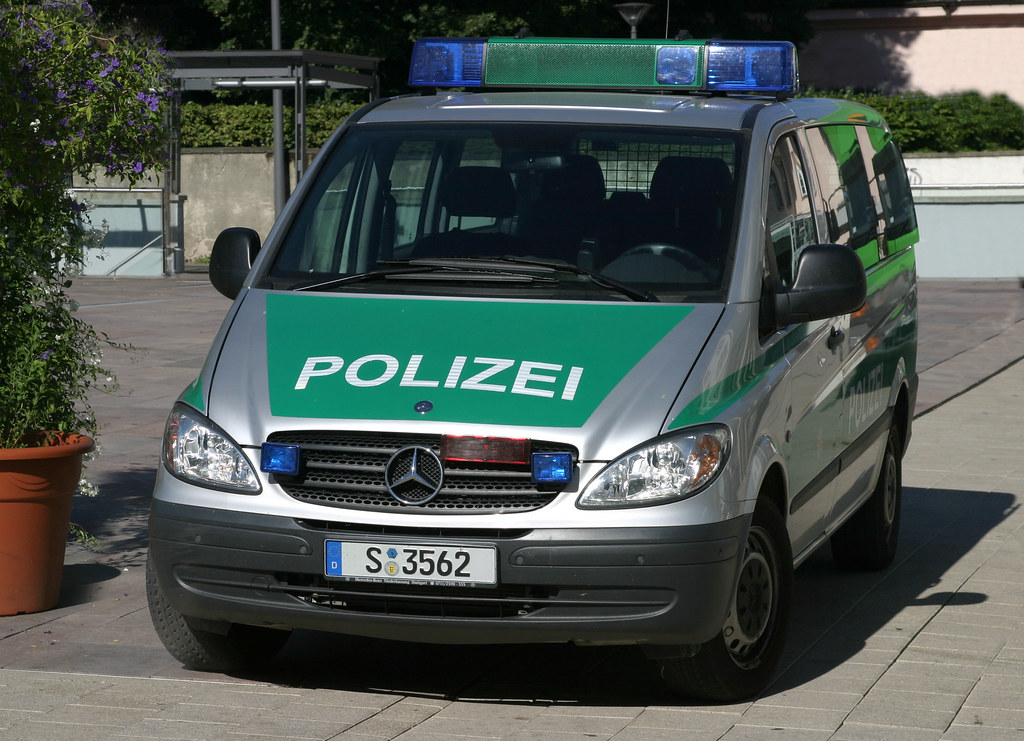
In the last five years, Germany has seen a substantial rise in immigrants and refugees, welcoming 1.5 million Arab refugees since 2015. At the same time as this influx of people, Germany has seen an increase in supporters of the far-right movement.
Tensions came to a head Feb. 18 when one man went on a shooting rampage, killing nine people and injuring six more in Hanau, Germany, just outside of Frankfurt.
The shooting began at Midnight Shisha Bar, a hookah bar just past 10 p.m. It then moved to the nearby Arena Bar and Cafe. Both bars were popular with young people of foreign descent, especially Turkish and Middle Eastern immigrants.
Later the shooter was found dead in his home with his 72-year-old mother, who also died. Both had severe gunshot wounds.
Though German privacy laws do not allow for the gunman’s name to be released, many reports, including an official gun license, point to Tobias Rathjen.
Despite the fact that he passed the background check and mental fitness requirements for gun ownership, Rathjen’s internet history points to a dangerous belief system.
He posted several videos in which he wished for a “rough cleaning” to decrease the global population by half. He cited 12, predominately Muslim, countries which he felt needed to be “exterminated”.
“We now have ethnic groups, races or cultures in our midst that are destructive in every respect,” the 43-year-old domestic terrorist said.
In his video he also spoke directly to Americans, urging them to “fight now.”
Many of those who died in the attack were German citizens, the children of Turkish and Kurdish workers who immigrated in the ‘50s and ‘60s. Turkish officials said that five of the victims were Turkish citizens.
Since the attack last week German authorities have been outspoken in condemning Rathjen’s actions. Chancellor Angela Merkle said the shooter had “right-wing extremists, racist motives” and called racism a “poison.”
Claus Kaminsky, mayor of Hanau, said it was “the hardest day in our history” and spoke about the usual peaceful nature of the city.
The far-right attack points to a sobering reality in Germany and in many places around the world – far-right ideology is gaining momentum. Hanau is known for being a diverse and tolerant city, and yet extreme violence still took place.
Prior to this incident many people assumed that the far-right movement was isolated to the eastern part of the country, which has been hit the hardest by unemployment. This attack proves that the racist ideology has spread.
In the last city elections the far right group Alternatives for Germany (AfD), won 10 percent of the vote. In the national elections in 2017 the group won 89 seats, making it the third largest political party.
The AfD has never publicly endorsed violence, but their rise in popularity has coincided in a sharp increase in neo-Nazi attacks in a country that has spend the last seven decades trying to repair the damage committed under Hitler’s regime. Racism-fueled violence increased from 1,200 attacks to 1,664 attacks in 2017.
“Islam does not belong to Germany,” said their manifesto, which was published in 2017.
Frauke Petry, leader of the AfD, also called for police to shoot immigrants trying to cross the German border in 2016.
2019 saw multiple far-right attacks throughout Germany. In June, Walter Lübcke, a politician from Merkle’s own party, was assassinated for his pro-migrant beliefs – the first far-right assassination since World War II.
In October, one far-right man live-streamed himself storming a synagogue and killing two people on Yom Kippur, a Jewish holy day. He was allegedly inspired by the shooter in the deadly attack in Christchurch, New Zealand.
Angela Merkle’s successor as chair of the Christian Democratic Union of Germany, Annegret Kramp-Karrenbauer, resigned recently after a scandal in the party involving party officials coordinating with the AfD in order to support a centrist candidate for governor of Thuringia.
This broke a longstanding tradition of the government not cooperating with the far-right party. With Merkel’s time as Chancellor over in the fall of 2021, and her natural successor out of the running, many in Germany worry the AfD might gain control and shift the country closer to its pre-war days.
